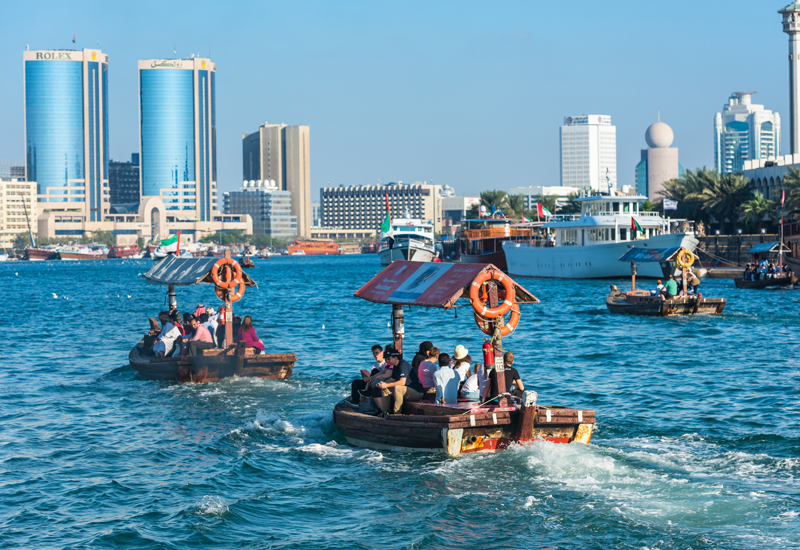Thrills, chills and culture
The average tourist’s expanding set of preferences is being met by a corresponding expansion of experiences tailored for the thrill seeker as well as the culture vulture.
Millions of visitors are expected to visit Dubai’s new theme park offerings, IMG Worlds of Adventure (4.5 million projected) and Dubai Parks and Resorts (6.7 million projected), in their first year of operation. The ethos of Dubai Parks and Resorts fits perfectly with the trend towards experiential tourism.
“Our slogan is ‘Experience Amazing’ and that is what we promise to deliver for every single guest,” says Vinit Shah, chief business development and strategy officer for DXB Entertainments, the company responsible for Dubai Parks and Resorts. “The whole essence of us creating a destination of this scale and magnitude was to provide a platform for residents and tourists to create lasting memories with their significant others, be it friends, relatives or children.”
The UAE was a natural fit for the establishment of this type of attraction, according to Shah. “We selected our prime location within easy reach of both Dubai and Abu Dhabi, which is a huge draw for families looking for a theme park break,” he says.
“Dubai, with its over 100,000 hotel rooms, with the global connectivity via the airport and Emirates Airline, the ease of access and the semblance of safety, is the ideal place where a family would want to vacation. We are perfectly placed to take advantage of the rising tourist numbers to the UAE as well.”
The growth in theme park attractions isn’t limited to Dubai. The billion-dollar Warner Bros theme park is due to open on Abu Dhabi’s Yas Island in 2018, while the $120 million Majarat Oman theme park will open later this year, expanding the options for family holidays in a country more generally known for its historical and cultural experiences.
A symbiotic relationship
Theme parks, far from taking business away from hotels, in fact are a boost to hotel business, as they increase average spend and length of stay. Hotels in the MENA region are adapting their product to accommodate experience-based tourism, according to Shangri-La’s Weeden. “Due to the growing demand from today’s travellers for more engaging, authentic travel options,” he observes, “the industry has shifted its focus into creating products that are more exploratory, more bespoke in delivery, and more in harmony with local cultures, to offer experiences that resonate.”
It’s a mutually beneficial relationship. If tourists are attracted to a destination by a particular experience, the more traditional attractions and facilities will also benefit from tourist spending. The whole package encourages longer, higher-spending visits.
“There’s now widespread acceptance among the hotel industry that guests are more interested in exploring outside the hotel’s four walls than in the past, so it’s important that hotel staff provides connectivity to local experiences,” remarks Boyen of SLH. “Hotels can add value by building this connectivity — connecting guests with locals and their locale.“
Theme parks are not the only driver of the new tourism in the MENA region. “Culture is also a significant driver in the GCC,” says Press of ATM, “with last year’s opening of Dubai Opera, the imminent opening of Saadiyat Island’s Cultural District and a number of projects in Qatar, where performance art and museums are particularly popular. Sporting events will draw significant numbers over the coming years with a number of global competitions, including the 2022 FIFA World Cup.”

| Advertisement |










 Search our database of more than 2,700 industry companies
Search our database of more than 2,700 industry companies









